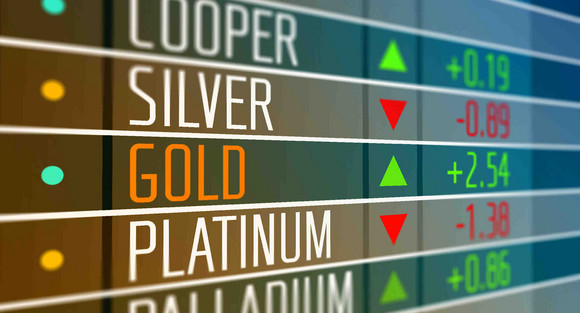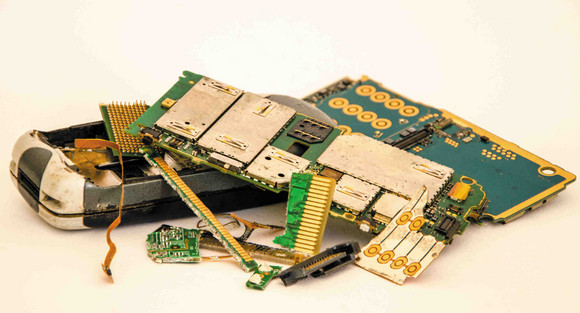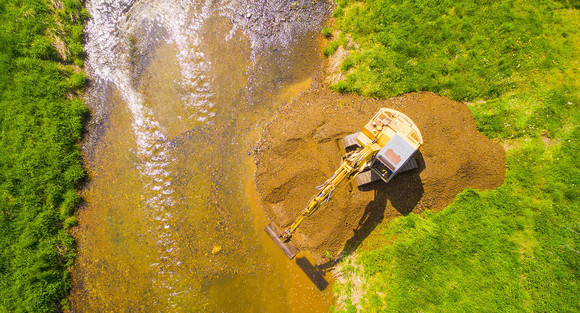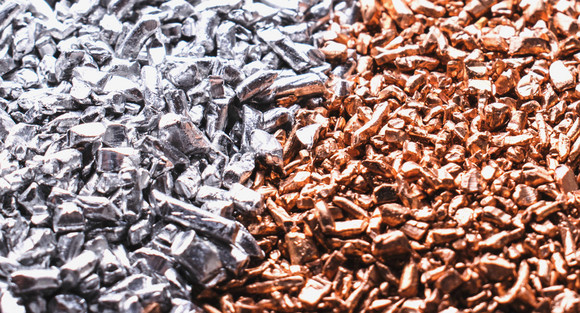Innovative biotechnologies for the recovery of inorganic substances
As a federate state with a strong industrial sector and an economic focus on plant engineering, Baden-Württemberg needs a sustainably secure supply of high-tech raw materials such as metals including rare earths. Innovative biological technologies such as biomining are supposed to help.
Nature has optimised its procedures and processes over long periods of time, and many natural processes are considered resource-saving and highly efficient. If microorganisms, either as a whole or in individual components, their metabolic performance and metabolic products are used within the framework of innovative biological technologies, they can help to consume fewer fossil raw materials and protect the environment.
In this way, deposits with low concentrations of natural raw materials can be exploited, and raw materials bound in waste such as slag from industrial metal production or electrical scrap can be made usable. It is also possible to recover nitrogen or phosphorus compounds, which are important plant nutrients.
Biomining can also be combined with other innovative processes. For example, metals can be recovered from filter dusts from exhaust air purification plants. The exhaust air itself can be processed for the recovery of organic basic material for the chemical industry, as described for CO2-Recycling. On this topic, Baden-Württemberg is funding the establishment of the Innovation Hub biological CO2 recycling "CCUBIO" at Umwelttechnik BW GmbH, and a funding programme is also being planned.
If innovative technologies such as biomining and phytomining (use of plants for the purpose of recovery) become established and widespread, this can support the shift towards a more sustainable economy in Baden-Württemberg.
Priorities in the state strategy for a sustainable bioeconomy
The Ministry of Environment has funded a technology and market study as well as short feasibility studies in this important area. The studies provide, among other things,
- an overview of the potentials and competencies (technologies, potential resources and networks) for biomining applications and
- a comprehensive overview of the actors from application-oriented research and industry in the field of biomining.
The results of the studies have been published and are available for download here.




